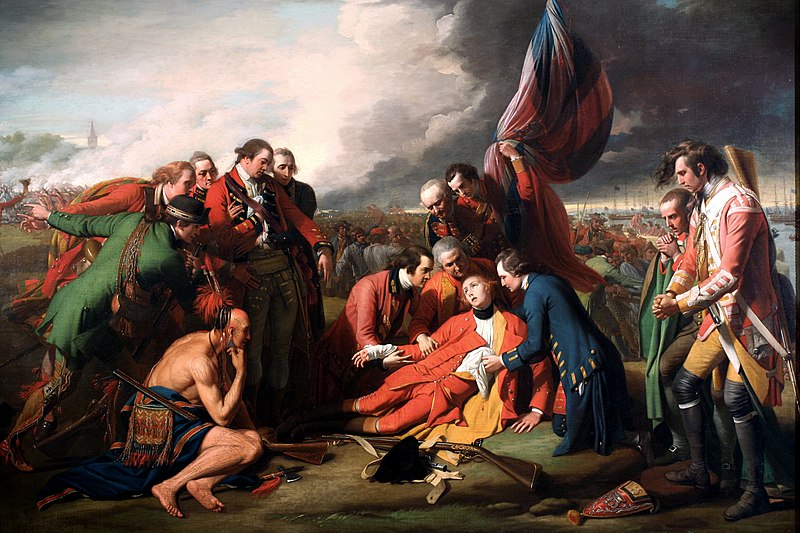Cards In This Set
| Front | Back |
|
Romanticism (1780–1850)
|
Characteristics:
The triumph of imagination and individualityArtists/Works: Caspar Friedrich, Gericault, Delacroix, Turner, Benjamin WestHistory: American Revolution (1775–1783); French Revolution (1789–1799); Napoleon crowned emperor of France (1803) |
|
Realism (1848–1900)
|
Characteristics:
Celebrating working class and peasants; en plein air rustic paintingArtists/Works: Corot, Courbet, Daumier, MilletHistory: European democratic revolutions of 1848 |
|
Caspar Friedrich
|
 19th-century German Romantic landscape painter, generally considered the most important German artist of his generation. best known for his mid-period allegorical landscapes which typically feature contemplative figures silhouetted against night skies, morning mists, barren trees or Gothic ruins. His primary interest as an artist was the contemplation of nature |
|
Gericault
|
 French artist, painter and lithographer, known for The Raft of the Medusa and other paintings. Although he died young, he became one of the pioneers of the Romantic movement. a lot of military themes in work |
 J.M.W. Turner |
English Romantic landscape painter, watercolourist andprintmaker. Turner was considered a controversial figure in his day, but is now regarded as the artist who elevated landscape painting to an eminence rivalling history painting. "the painter of light" work is regarded as a Romantic preface to Impressionism.
|
|
Benjamin West
|
 Anglo-American painter of historical scenes around and after the time of the American War of Independence. West is known for his large scale history paintings, which use expressive figures, colours and compositional schemes to help the spectator to identify with the scene represented. Royal Portrait Painter. |
|
Eugene Delacroix
|
 French Romantic Painter. expressive brushstrokes and his study of the optical effects of colour profoundly shaped the work of the Impressionists, while his passion for the exotic inspired the artists of the Symbolist movement. took for his inspiration the art of Rubens and painters of the Venetian Renaissance, with an attendant emphasis on colour and movement rather than clarity of outline and carefully modeled form. |
|
Jean-Baptiste-Camille Corot
|
 French landscape painter and printmaker in etching. He is a pivotal figure in landscape painting and his vast output simultaneously references the Neo-Classical tradition and anticipates the plein-airinnovations of Impressionism. |
|
Gustave Courbet
|
 French painter who led the Realist movement in 19th-century French painting. The Realist movement bridged the Romantic movement (characterized by the paintings of Théodore Géricault and Eugène Delacroix), with the Barbizon School and the Impressionists. Courbet occupies an important place in 19th century French painting as an innovator and as an artist willing to make bold social commentary in his work. Courbet painted figurative compositions, landscapes, seascapes, and still-lifes. He courted controversy by addressing social issues in his work, and by painting subjects that were considered vulgar, such as the rural bourgeoisie, peasants, and working conditions of the poor. |
 Honore Daumier |
French printmaker, caricaturist, painter, and sculptor, whose many works offer commentary on social and political life in France in the 19th century. Caricatures of politicians and satires of fellow countrymen
|
|
Hean-Francois Millet
|
 French painter and one of the founders of the Barbizon school in ruralFrance. Millet is noted for his scenes of peasant farmers; he can be categorized as part of the naturalism and realism movements. Millet was an important source of inspiration for Vincent van Gogh |



